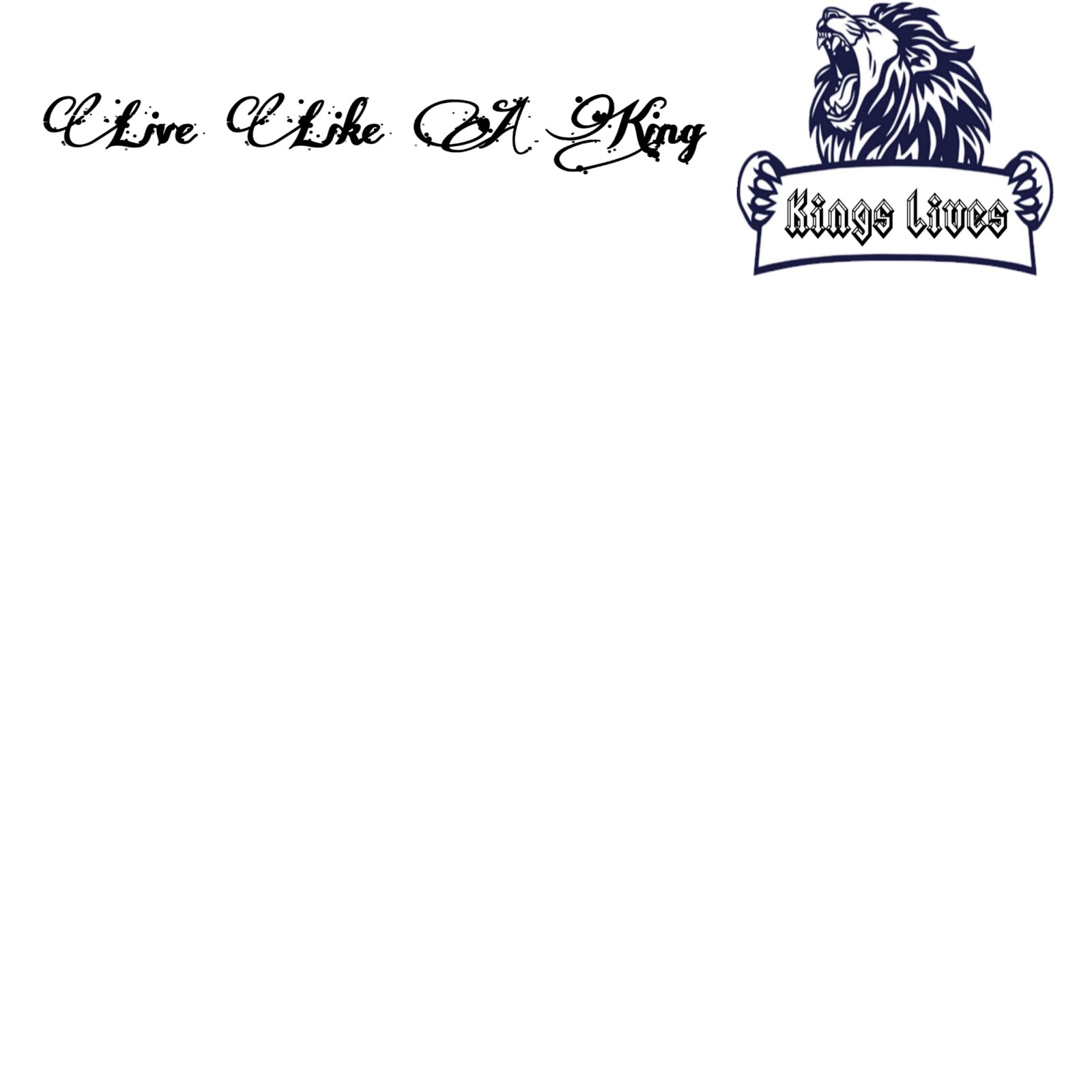Digital marketing refers to the use of digital channels, platforms, and technologies to promote products, services, or brands to a targeted audience. It encompasses various online marketing tactics and strategies that businesses and organizations utilize to reach and engage potential customers or clients through digital means.
Key components of digital marketing include:
Website Marketing: Creating and optimizing websites to serve as a central online presence and a hub for marketing activities.
Search Engine Optimization (SEO): Enhancing a website's visibility in search engine results to attract organic traffic.
Search Engine Marketing (SEM): Paid advertising to appear in search engine results and increase visibility.
Content Marketing: Creating valuable and relevant content (such as articles, blogs, videos, and infographics) to attract and engage the target audience.
Social Media Marketing: Leveraging social media platforms to connect with the audience, build brand awareness, and drive engagement.
Email Marketing: Sending targeted emails to prospects and customers to nurture relationships and promote products or services.
Pay-Per-Click (PPC) Advertising: Displaying ads on various platforms, and advertisers pay a fee each time their ad is clicked.
Affiliate Marketing: Partnering with other businesses or individuals (affiliates) to promote products or services and earning commissions on successful referrals.
Influencer Marketing: Collaborating with influential individuals on social media to reach their followers and promote products or services.
Online PR (Public Relations): Managing the brand's online reputation and engaging with the audience through various online channels.
Digital marketing allows businesses to target specific demographics, track campaign performance in real-time, and adjust strategies based on data insights. It has become an essential part of modern marketing efforts as more and more consumers rely on digital devices and platforms for information, communication, and shopping.
 Reviewed by Guptajee Dilliwale
on
July 25, 2023
Rating:
Reviewed by Guptajee Dilliwale
on
July 25, 2023
Rating:











No comments: